In the context of integration and the 4.0 industrial revolution, what is DHV's vision and development strategy in the next 5-10 years, sir?
DHV's development strategy in the next 5-10 years focuses on 3 main goals: Improving the quality of training and research. Building a team of highly qualified, dedicated, professional staff and lecturers, applying high technology and artificial intelligence in teaching. Investing in modern facilities, equipment, and standard practice rooms. DHV also focuses on expanding international cooperation in training, research, student and lecturer exchange. Strengthening ties with the community and businesses to promote the school's role in common development.
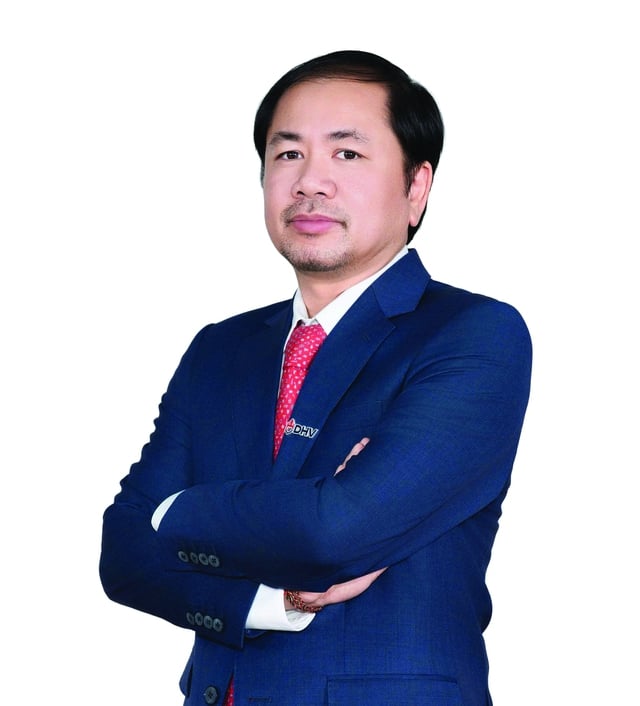
Dr. Tran Viet Anh, Vice Principal in charge of the School
PHOTO: DHV
Currently, DHV is focusing on the following key industries: Economics - Administration sector has e-commerce, Logistics, Finance, Banking, Marketing, Business Administration. Information Technology - Engineering sector has data science, Artificial Intelligence, Information Security, Software Development... The 4.0 industrial revolution is creating a huge demand for technology human resources. Language and Culture sector: In particular, language sectors serving international integration such as: English, Japanese, Korean with high application orientation in business and tourism development. Finally, Tourism - Services sector.
To help students graduate with both solid professional skills and soft skills to meet labor market requirements, what breakthrough innovations has DHV made in its training program and connection with businesses?
DHV has been implementing many breakthrough innovations such as: Building a training program according to output standards built on careful surveys from businesses and professional associations that the school is affiliated with and consulted with. Increasing practice and internship credits when the proportion of practice and internship credits of students accounts for at least 30 - 40% of the total credits. Students can participate in real projects from the second and third years of studying at DHV. Building a business model in schools when the school encourages businesses to participate in the teaching process through seminars, topics, workshops... Students can intern at businesses for 3 - 6 months with the guidance of the school and businesses, from which students can access and understand the working methods and operations of the profession they study at businesses. DHV integrates subjects on communication skills, teamwork, critical thinking, problem solving, and entrepreneurship skills into the main curriculum and extracurricular activities organized by the school. The school supports students in career orientation from the classroom, connecting students with potential employers, suitable for their majors and abilities. In addition, professional skills and soft skills are key factors in students' success.
In addition, teaching quality is the core factor that creates the reputation of DHV. To achieve this goal, the school has strict mechanisms such as: Selecting lecturers with high professional qualifications, practical experience and passion for the profession. Organizing periodic assessments of lecturers' teaching capacity through feedback from students, colleagues and students' learning outcomes. Encouraging and supporting lecturers to participate in Master's and Doctoral training programs at home and abroad. The school also builds a competitive salary, bonus and allowance policy, motivating lecturers to dedicate and stay with the school for a long time. At the same time, promptly rewarding lecturers with outstanding achievements in teaching and research. DHV applies a quality management system according to national and international standards, regularly self-assessing and inspecting the quality of training programs and school activities.
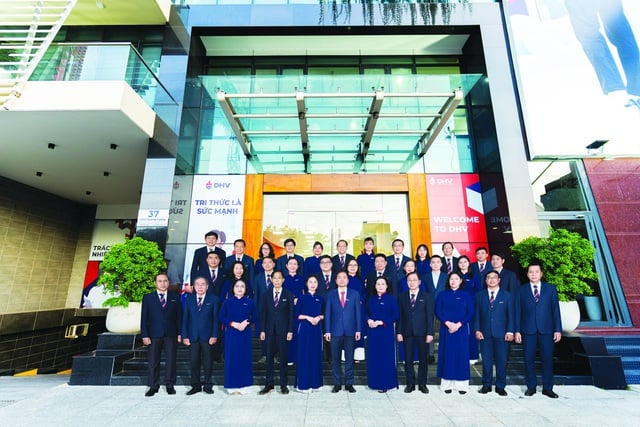
Key staff of Hung Vuong University, Ho Chi Minh City
PHOTO: DHV
Besides training, what role do scientific research and international integration play in the school's development strategy?
International integration is one of the top priorities of DHV when the school has specific plans such as: Promoting cooperation and association with prestigious universities in developed countries such as the United States, the United Kingdom, Australia, Korea, Japan... to implement joint study programs or dual degrees. Creating conditions for students to participate in short-term exchange programs, international internships. Developing training programs entirely in English or bilingual in some key majors to attract international students and improve foreign language skills for students of the school. The school encourages and creates conditions for lecturers and students to participate in joint research topics with international partners, publish scientific research works in journals and social networks to promote connections. DHV aims to accredit the quality of training programs according to international standards to affirm the quality of education and enhance the reputation of the school. DHV focuses on applied scientific research, closely linked to the development needs of Ho Chi Minh City and the southern provinces with the following priority research areas: Research on business model innovation, corporate governance in the context of digitalization, circular economy, sustainable and smart development. Promoting research on AI applications in teaching and learning, Blockchain, sustainable tourism development, smart tourism, hotel and travel management in the digital age...
One of the important development strategies of Hung Vuong University is to promote scientific research and cooperation activities. So, what support policies does the school have for students and lecturers?
DHV always encourages and creates all conditions for students and lecturers to participate in scientific research. The school provides financial support for feasible and creative scientific research topics. Assigns experienced lecturers to guide students in conducting research topics. Creates forums for students to present research results and exchange information. Rewards excellent research topics, supports publication of results in scientific journals and the school's communication channels. In addition, DHV promotes investment in facilities and equipment for research, builds strong research groups to promote participation in scientific research of lecturers and students throughout the school. Cooperating with businesses to apply research results into practice is one of DHV's top priorities. DHV is considering establishing specialized applied research centers so that businesses can order research and cooperate in product development. The school also regularly organizes seminars and forums connecting scientists and businesses to share information and seek cooperation opportunities.
International cooperation is an important pillar in DHV's development strategy. The school continues to seek and establish cooperative relationships with prestigious universities and research institutes in countries with advanced education systems such as the US, UK, Australia, Canada, Japan, Korea, Singapore... Diversify training programs, develop student and lecturer exchange programs with short-term and long-term courses in the forms of study, internship, research, and teaching. Focus on international degree training joint programs in the school's strengths, helping students have the opportunity to receive degrees from foreign partner schools.
On the occasion of its 30th anniversary, Hung Vuong University, Ho Chi Minh City (DHV) will organize a major International Scientific Conference on December 6. The conference will gather many prestigious scholars, focusing on the topical topic "Culture and People in the Era of Growth and Integration". This is an important milestone to affirm the University's research position and international integration strategy.
Source: https://thanhnien.vn/dhv-dao-tao-nhan-luc-cho-cuoc-cach-mang-cong-nghiep-40-185251013095347974.htm



![[Photo] Solemn opening of the 1st Government Party Congress](https://vphoto.vietnam.vn/thumb/1200x675/vietnam/resource/IMAGE/2025/10/13/1760337945186_ndo_br_img-0787-jpg.webp)













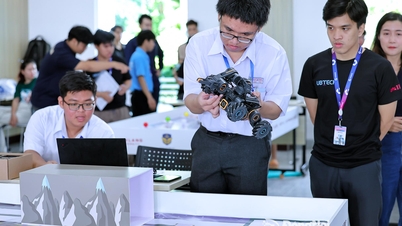

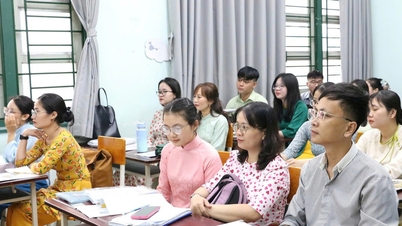




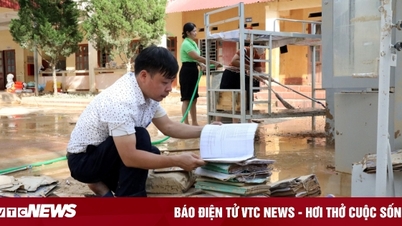

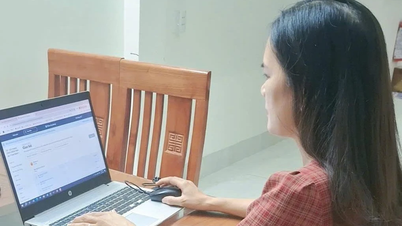
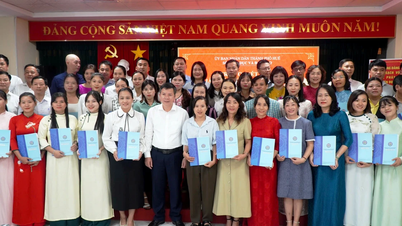




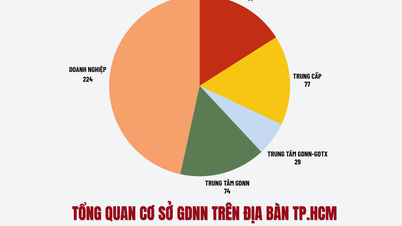
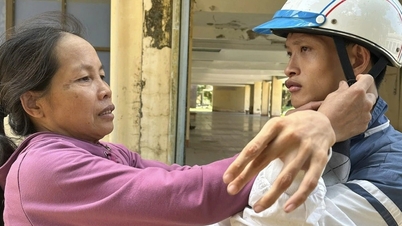
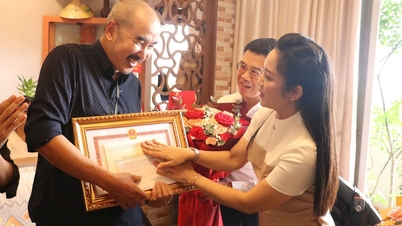
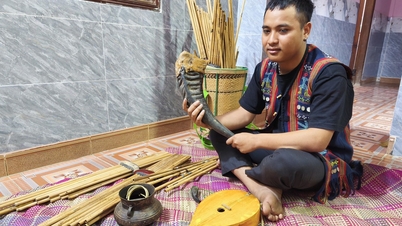

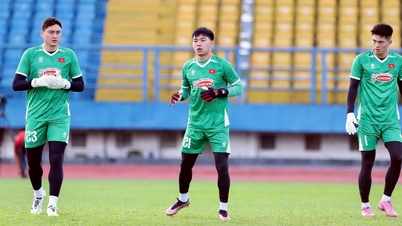
![[Photo] General Secretary To Lam attends the opening of the 1st Government Party Congress](https://vphoto.vietnam.vn/thumb/1200x675/vietnam/resource/IMAGE/2025/10/13/1760321055249_ndo_br_cover-9284-jpg.webp)





















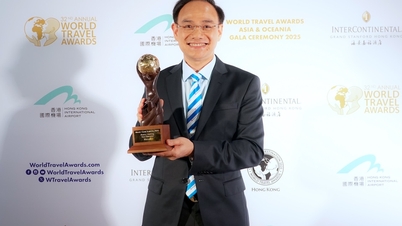




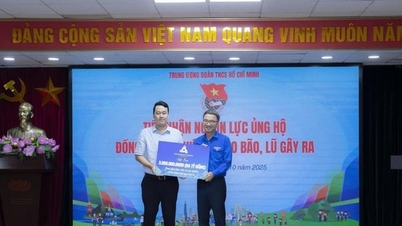

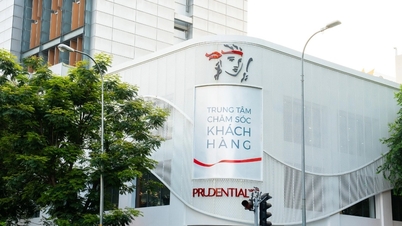
















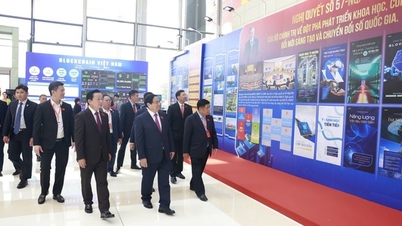
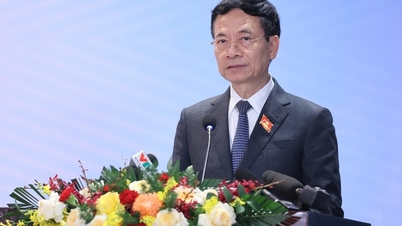
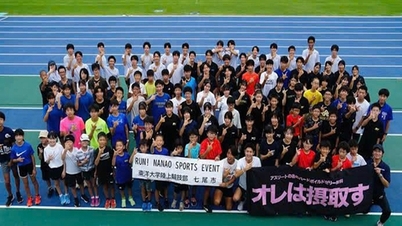

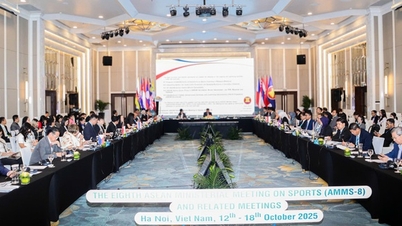
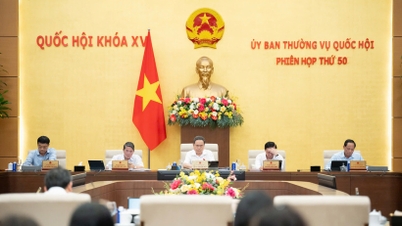





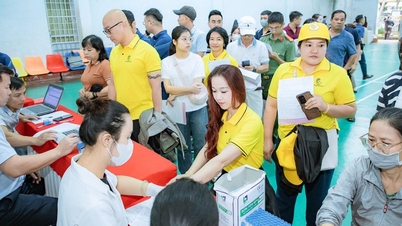

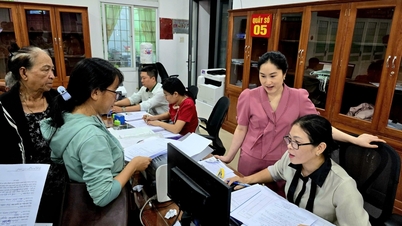












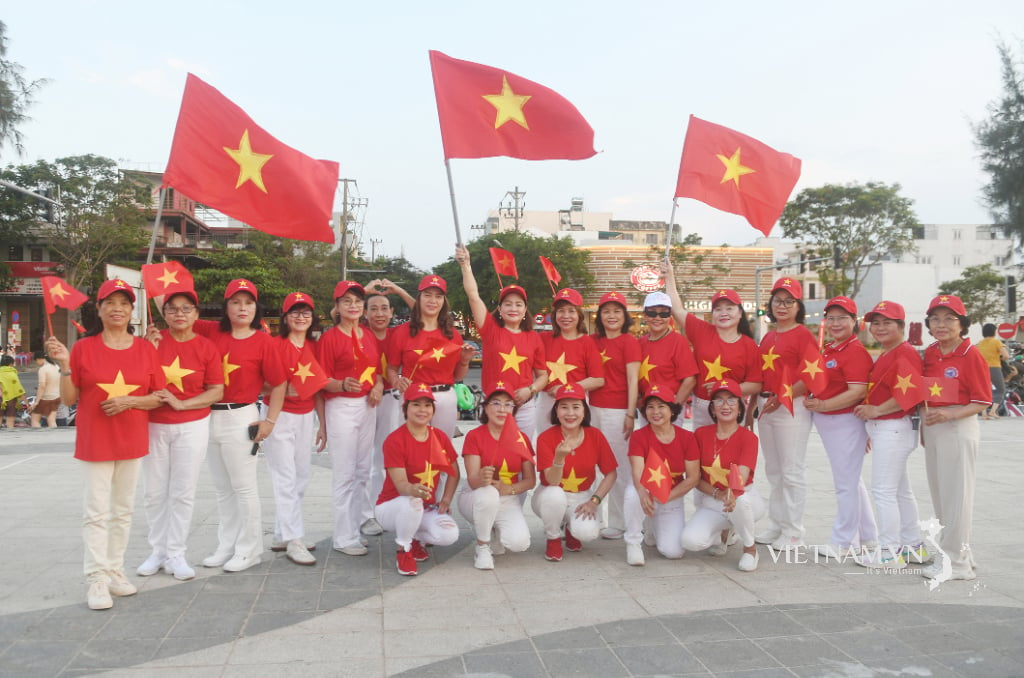


Comment (0)